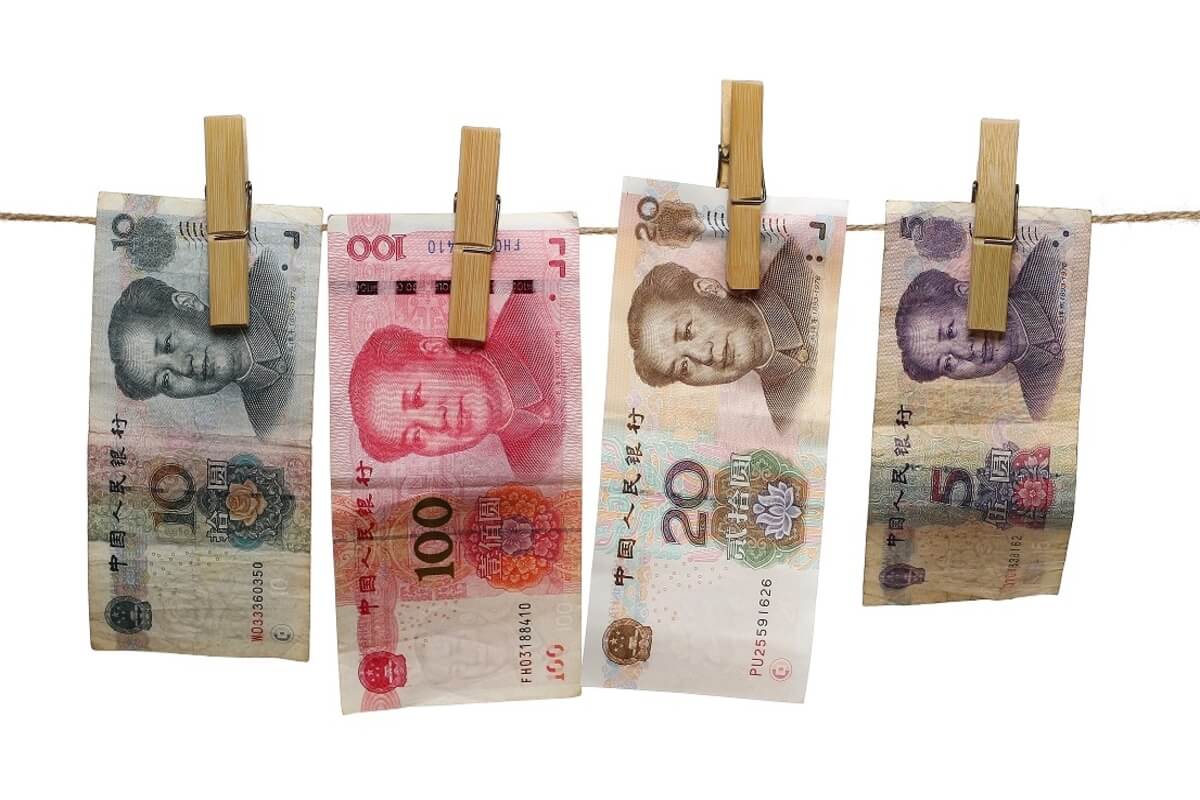Chinese Central Bank: NFT, Metaverse ‘Could Become Money-Laundering Tools’

The Chinese central bank’s anti-money laundering chief has spoken out about non-fungible tokens (NFTs) and metaverse projects – suggesting that there may be a need to regulate these sectors in the same manner as it polices cryptoassets.
In two crackdowns (one in September 2017 and the second in September this year), the central People’s Bank of China (PBoC) has effectively banned most forms of crypto trading and crypto exchanges targeting Chinese citizens based on the mainland.
The bank and other government organs have also squashed the nascent Chinese NFT industry, forcing tech giants who had planned to issue large collections onto private blockchains and imposing strict restrictions on NFT trading to “reduce speculative hype.”
And now it appears the nation has turned its attention to metaverse activities – and has resolved to ensure Chinese projects do not end up straying onto networks such as Ethereum (ETH).
Per IT Time, Gou Wenjun, the director of the PBoC’s Anti-Money Laundering Monitoring and Analysis Center, stated that in addition to “virtual currency,” “NFTs and various items in the metaverse” have “a certain degree of interoperability,” adding that this means they can “easily become a money-laundering tool for criminals.”
Gou added that regulations pertaining to “virtual assets should be clarified” accordingly and that “regulatory policies for emerging virtual assets should be improved.”
This kind of stance will inevitably cause yet more frustration for Chinese tech firms hoping to keep up with their international rivals – Alibaba’s Ant Group, Tencent and ByteDance’s TikTok may all have to scale back their domestic NFT and metaverse plans accordingly.
An article published by the state-run media outlet the People’s Daily appeared to hint that NFT-related activities could soon fall under further government scrutiny.
The article’s authors noted that a number of NFT online sales platforms are operational in China, where tokens are traded by “mostly people born in the 1990s and 2000s” – with large sums of RMB changing hands. The article did not make mention of whether the NFTs were being traded on Ethereum and other networks, or what token or fiat was being used to trade them.
Regardless, these platforms’ days may well be numbered. The media outlet quoted a Beijing-based lawyer as stating that NFT trading platforms “risked” certain “compliance” violations.
The lawyer added that while direct, person-to-person NFT trades were not illegal in China “under current regulations,” such trades must be “denominated in RMB.”
But the lawyer added:
“However, if a platform handles [NFT] transactions, then the risks of platform non-compliance are relatively large.”
____
Learn more:
– Money Laundering Might Taint NFTs Too, Prepare For Tighter Controls
– 2022 Crypto Regulation Trends: Focus on DeFi, Stablecoins, NFTs, and More
– Tech Crackdown Hasn’t Halted Chinese Firms’ Blockchain R&D Progress
– China’s Blockchain Investment Growth Is Slowing Down
– Chinese Firms Exiting Mainland as Crypto Crackdown Bites
– China Ready to Get Tough with Crypto Crackdown Enforcement




